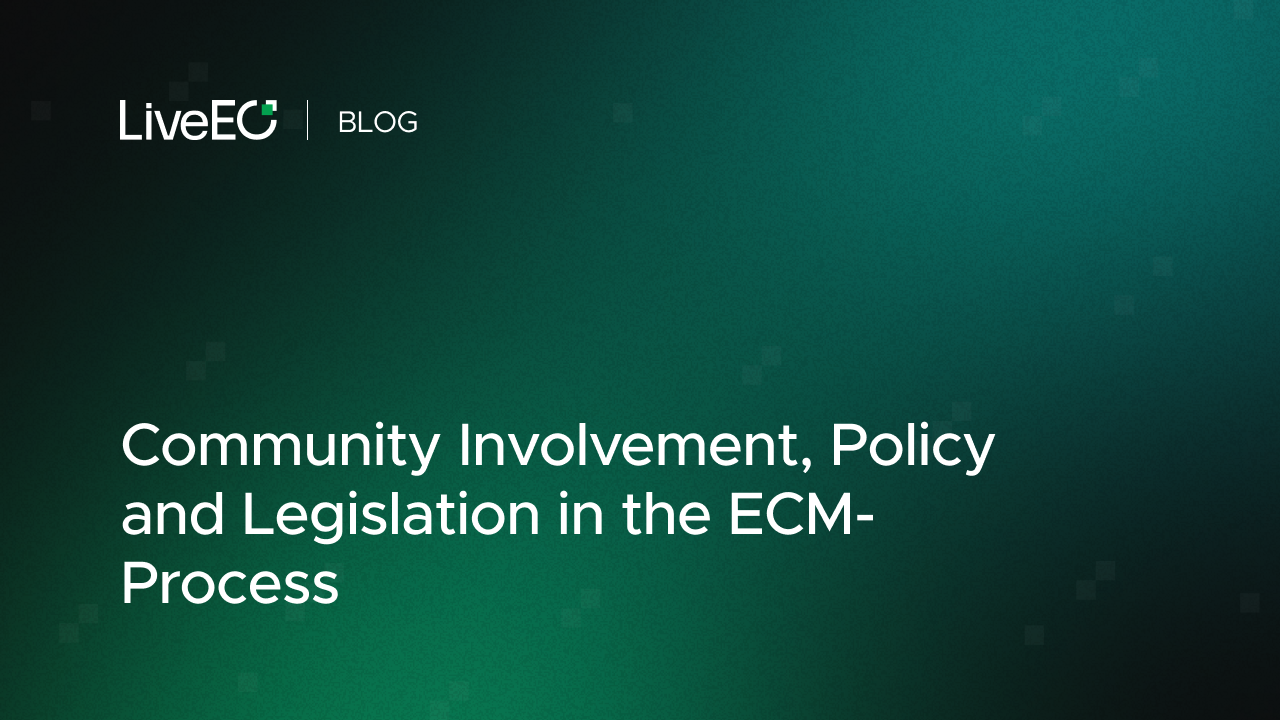Over the years, deforestation has gained global attention, and various regulations have been put in place to curb this challenge. The European Union Deforestation Regulation (EUDR) is one such piece of legislation to combat illegal deforestation. But, what does EUDR mean for Africa, considering the continent has a large number of sizeable farms of every commodity? In this article, we'll explore the implications of EUDR for African countries.
EUDR: A Brief Overview
The EUDR is aimed at preventing the entry of commodities contributing to deforestation into EU markets. It applies to both domestically produced and imported goods - ranging from wood and palm oil to soya, cocoa, coffee, and more. Similar to other regulations, EUDR comes with its fair share of challenges and implications.
Impact of EUDR on African Countries
Social Implication
Africa, as a continent with rich biodiversity, is majorly affected by deforestation. Regulating the trade of commodities associated with deforestation can address socio-economic issues like poverty and human rights abuses connected with land use. However, it also poses new challenges, especially for smallholders who depend on these commodities for their livelihoods.
Economic Implications
EUDR can significantly impact African economies, particularly those heavily reliant on exporting wood, cocoa, and other listed commodities to EU markets. These economies might need to restructure their trade policies to comply with EUDR, which could be a costly affair. Further, non-compliance could lead to trade bans, affecting revenue and employment.
Environmental Implications
EUDR encourages the sustainable use of land and resources, subsequently combating deforestation. This can boost biodiversity conservation efforts in African countries. However, it could also strain local resources if alternative livelihood options aren't readily available to communities that rely on these resources for subsistence.
{{inline}}
Strategies for African Countries to Cope with EUDR
In light of these implications, African countries should consider several coping strategies that include:
- Policy Integration: Incorporating EUDR principles into national and regional policies could promote sustainable land and resources use.
- Social Safeguards: Implementing measures to protect smallholder rights and livelihoods could mitigate adverse social impacts.
- Alternative Livelihood Programs: Initiating programs for sustainable income options could help affected communities transition smoothly.
- Investment in Green Technologies: Promoting technologies like Earth Observation could facilitate compliance by providing accurate geolocation data and deforestation insights.
Conclusion
The EUDR presents both challenges and opportunities for African countries. Though there's the potential of negative impacts on communities dependent on deforestation-related commodities, it also provides a platform for African countries to commit to sustainability. With proper policies and safeguards in place, African countries can navigate these challenges while reaping the environmental and social benefits that reduced deforestation offers.
It's crucial for African countries to understand the implications of EUDR and take proactive measures to ensure that their economies, people, and environment are adequately protected.
Understand and define forest degradation under EUDR after unraveling the EUDR's implications for African countries.







